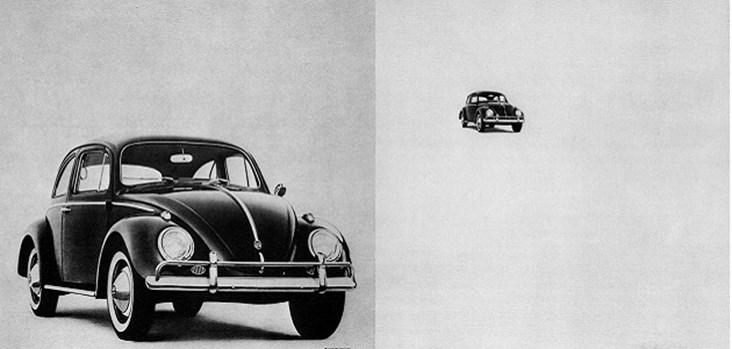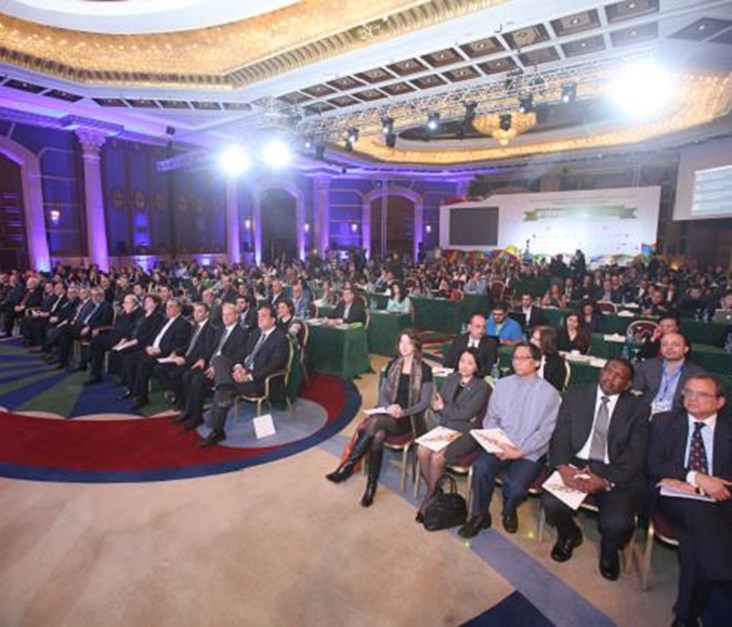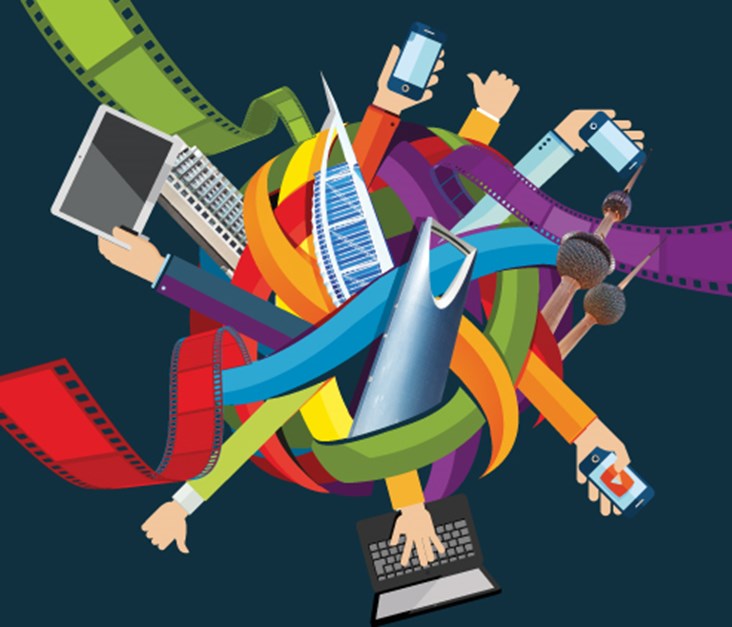Nick Baron on Advertising - Back to the Future
Back
The MENA CEO of Mediacom, Nick Barron, took the stage at the ArabNet Digital Summit a couple of hours before the 3-day event reached an end. The audience was tired, the ArabNet team was exhausted, and even Nick was surprised to see a full room at this hour. Twenty three minutes later, most had a tear in their eyes. Nick Barron's talk was equally inspiring and emotional. It was a wake up call to digital advertisers. You can watch the full video at the end of the article.
"I want to talk to you about about passion, about belief, and about really caring about what you do," said Nick. This comes after the audience was asked in a previous panel to name one advertisement they had seen from the previous day, and no one could answer.“That breaks my heart, because I have been for thirty years in the business, and when we used to do advertising, you would have remembered them,” he said.
According to Nick, the turning point for advertising and marketing happened when people started to pay too much attention on big data and trying to measure and count everything. The problem is that we can do that. "We don’t need to optimize and to make things more effective. I think we need to start doing things better again," states Nick. To give his talk context, he used Formula 1 as an analogy. Formula 1, as he describes it, is a passionate, exciting sports that has gone through a huge evolution. "I don't think Formula 1 has lost its passion, but I think that advertising and marketing has." [2:20]

The following video exemplifies what Nick is saying:
The video talks about Ayrton Senna da Silva, a racing driver who died in a car crash in 1994. "[Senna] was a man who wouldn't stop at anything to try to be the best, and that was the industry that I joined." To rebut any claims that Formula 1 these days is just "a bunch of guys driving in high tech cars," Nick showed the video below, where Lewis Hamilton, a big fan of Senna, takes a drive in Senna's MP4/4.
"With respect to mr. Hamilton I don’t know that his reputation is as a passionate and excited man. He is Mr. Techno, but [in the video] you can see a young boy excited to drive the best car in the world," exclaims Nick. [6:10]
Recalling the old days - 30 years ago
How was it different?
- We didn't have computers. The fax machine was exciting. We had to photocopy faxes because they came through on heat-sensitive paper, and after 6 months they disappeared.
- We didn’t have data. We used to get a thing called the green book that gave me television data and four targeted audiences – that was sophistication.
- We eventually got a server to run some green screens for us to book our tv schedules, before we had done it on paper. And at the end of the campaign I would go to the finance department and I would sit with the finance accounts payable and we would match the spots. It worked.
- We sent letters to each other. We didn’t have staff emails. It was a human business.
Everything we did was based on experience, empirical knowledge. We asked people what they thought and they told us, and we used that as the foundation to get ideas and we considered them.
We all had a mutual decision making – we all did it together and the client was involved.
Clients were pretty brave people., they didn’t try to manipulate to get the smallest possible price out of everybody. They made big decisions.
Result: What happened? We got good campaigns that everyone remembered and could quote. “if you look up the 100 most valuable brands in the world you would see every single one of htem had a great marketing and advertising campaign. They all had something that even you young people could navigate your life through.
Integration wasn’t something that we had to aspire to. We did it. It was a no brainer – but with fewer channels. It all goes down to the “single thought process” that we all had.
The problem
Agencies were greedy. It was not unheard of to come up with 1 million dollar campaigns for a retailer.
We weren't accountable – we couldn't measure stuff. While this made them more decisive and if something went wrong, it went properly wrong. There is no “we will change that copy, we will come back tomorrow”
What about now?
- We have huge amounts of data. We could measure about everything. Although it is not the question. How many Facebook likes we got is not the question. The question is how much sales are we generating. That is why they hire specialists to create a communication with the customer and to create a brand relationship . This has gotten everybody to work in silos.
- Today, we wait to receive an email in our inbox to know about a campaign. Before, we were part of the decision making. We never waited for a letter.
- We have access supply today. We have too many channels to choose from and too many opportunities to miss.
- We created a culture of constant change.
- The blame culture “I did my job” – and the panic that results from being able to measure everything.
- And at the end of the day “nobody remembered a single ad from a day ago”
- More accountability.
- We are getting more value. We get lots of discounts these days (from the client’s side).
- We spend an awful lot of wasted time repitching, going back to the media owners and asking for something different. All of this is wasted time when all of this resources can be made be put into making something dynamic.
Result?
- All of this has created low brand value – no differentiation.
- If we don’t change now, I don’t think there will be another 150 year old advertising agency or people with 30 year careers in our business because short-termism doesn't work. If you're not consistent nobody’s got anything to navigate by – nobody’s got anything iconic – nobody’s got anything to be passionate about.
Challenge
How do we get the passion back into our business so that we actually forcefully go out and create something that is going to make a difference? Because that is an advertising agency that I would like to work in and run.
Watch the last classic advertisement that Nick shows at the end of the panel at time 18:55 below:
Latest Business
Intelligence Report














